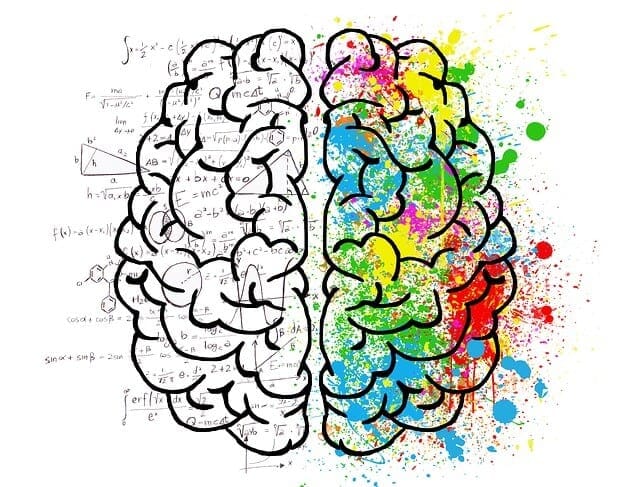The Psychology Behind Sharing: Why We Love to Spread Ideas

Introduction: The Human Impulse to Connect
What complex emotional and cognitive mechanisms propel us to broadcast our thoughts, experiences, and discoveries?
The Neurochemistry of Sharing
Scientific research reveals that sharing is not just a social act, but a neurologically rewarding experience. When we share an idea that resonates with others, our brains release dopamine, the neurotransmitter associated with pleasure and reward. Dr. Matthew Lieberman's groundbreaking book Social: Why Our Brains Are Wired to Connect explores how our neural circuitry is fundamentally designed for social interaction. He argues that our brain treats social connections with the same urgency as our need for food and water.
The podcast "Hidden Brain" by NPR, in an episode titled "The Social Mind", further illuminates this phenomenon. Host Shankar Vedantam discusses how sharing isn't just about information transfer, but about establishing social bonds, seeking validation, and constructing our personal and collective identities.
The Psychological Motivations Behind Sharing
Validation and Self-Expression
Humans are inherently social creatures seeking validation. When we share an idea, we're not just disseminating information; we're seeking acknowledgement, connection, and sometimes, a sense of belonging. Our shared thoughts become extensions of ourselves, tiny ambassadors representing our inner worlds.
Building Social Capital
Sharing valuable information positions us as knowledgeable and generous within our social networks. It's a form of social currency that can enhance our perceived status and strengthen interpersonal relationships. By curating and sharing thoughtful content, we craft our social personas.
Emotional Regulation
Interestingly, sharing can also serve as an emotional coping mechanism. By articulating our experiences and ideas, we process complex emotions, gain perspective, and invite empathy from our community.
The Digital Revolution of Sharing
The internet has transformed sharing from a localised activity to a global phenomenon. Online platforms have democratised information dissemination, allowing individuals to reach audiences previously unimaginable. However, this ease of sharing also brings challenges of information authenticity and echo chambers.
Journaling: A Powerful Tool for Mindful Sharing
Physical Journals: Internal Dialogue Made Tangible
Traditional journaling offers a powerful, introspective approach to understanding our sharing impulses. By first documenting our thoughts privately, we create a safe space for reflection before potentially sharing with others. This practice helps us filter, refine, and understand our ideas more deeply.
Online Journals: Expanding Our Reach
Digital journaling platforms like Sharings.Me provide a unique blend of personal reflection and community engagement. These platforms allow individuals to share curated thoughts, connect with like-minded individuals, and contribute to a collective understanding of human experiences.
The Ethical Dimension of Sharing
With great sharing power comes great responsibility. We must be mindful of the potential impact of our shared ideas. Responsible sharing involves critical thinking, empathy, and a commitment to nuanced, respectful communication.
Conclusion: The Continuing Evolution of Sharing
As technology evolves and our social structures transform, so too will our methods of sharing. What remains constant is our fundamental human desire to connect, understand, and be understood.
Ready to explore your sharing journey? Join our vibrant online community at Sharings.Me!
Connect, reflect, and share your unique perspective. Your story matters.
Together, we're redefining the art of sharing.




